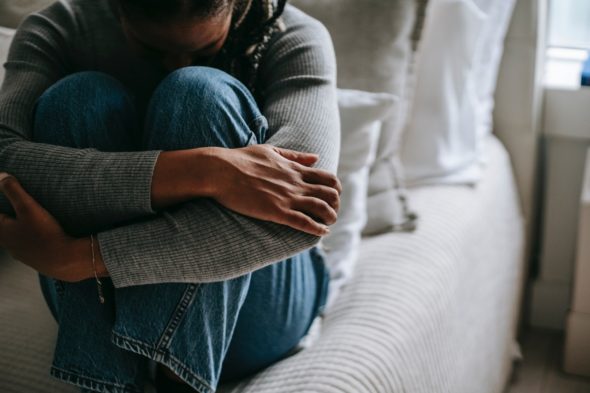Moving on After a Family Death

Are you struggling to move on after the death of a family member?
If yes, you are far from alone.
There are few things harder in life than losing a loved one, and finding out how to move on can be a long and arduous process.
Whether you lost a family member suddenly or your loved one had been ill for some time, read on to find out how you can recover from a family death and move on with your life.
Allow yourself to grieve
If you feel like you have to be the strong one for your family and take care of others, then you may not be allowing yourself time to grieve properly. However, letting yourself feel and express a wide range of emotions, including disbelief, anger, and sadness, are all crucial parts of the moving on process.
You may find it helpful to research the different stages of grief so that you can see where you are on your own healing journey.
Share your emotions
You don’t have to cry and rage in private when you are grieving the loss of a loved one. In fact, you should actively seek out support from other family members, friends, and people within your wider community.
Don’t be afraid to tell people that you are grieving as this will help them to better understand your needs and respect your feelings.
Look to healthy coping strategies
Rather than turn to destructive habits such as drinking too much alcohol or taking drugs, you should look for healthier coping strategies such as exercise or meditation.
If you are really struggling to cope without numbing yourself, then you may want to try talking to a grief counsellor or asking your doctor for prescription medication in the short term.
Commemorate their life
Some people find it hugely comforting to create a keepsake to remember their loved ones. This could be in the form of a memorial blanket, commemorative cremation urns, or a plant potted in soil with their ashes; things that you can display in your home. Every time you look at those items, you will be reminded of them and their memory will always remain alive.
Given the sentimental values attached to keeping a memorial item, some people even go to lengths and breadths and try to commemorate the mortal remains of their loved ones. They often get the ashes to diamonds converted and fitted into necklaces, rings, and other pieces of jewelry. This is so that they can keep that memory close to them always and forever.
Surround yourself with good people
When you lose someone close to you, your entire world can feel compromised. You may not be able to see a life without this person around.
If this is the case for you, then the best thing you can do is to surround yourself with positive people who actively make you feel supported and loved. This could be other family members, friends, or even a local bereavement support group.
Make positive plans
Although you may not feel like it, you need to slowly start making plans for the future. In the early days, this could be something as simple as arranging lunch with a friend, and then you can build up to bigger plans such as planning a holiday.
While it may seem like you may never move on, you will. True, your life may never be exactly the same again, but that doesn’t mean you can’t move forward and let go of your grief.
- Restaurant Germs: Improving Cleaning Practices For Commonly Contaminated Surfaces - April 15, 2024
- 11 Cancer-Fighting Foods to Reduce the Risk of Cancer - March 18, 2024
- Safety and Aesthetics: Tips for Landscaping Around Your Wellhead - February 20, 2024
